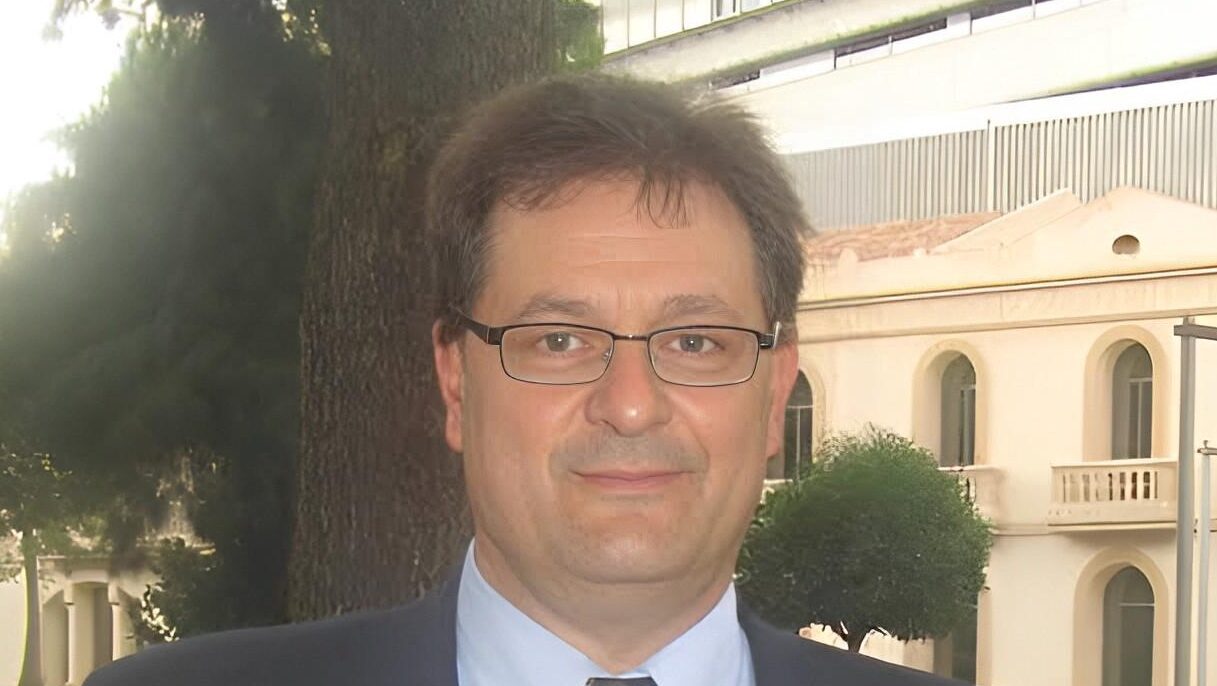
Miguel Bronchud: Clinical study from Brasil to reduce heart failure risk during chemotherapy
Miguel Bronchud, Co-Founder of Regenerative Medicine Solutions, shared on LinkedIn:
“ Interesting clinical study from Brasil to reduce heart failure risk during chemotherapy:
Marcely Bonatto, study lead author, cardiologist and specialist in heart failure and heart transplantation at the Heart Institute, University of São Paulo in Curitiba, Brazil
American Heart Association Scientific Sessions 2024, Late Breaking Abstract 4169654.
Heart failure occurs when damage prevents the heart from pumping blood well enough to supply the body with blood and nutrients.
Anthracyclines are a class of chemotherapy medications used to treat many types of cancer, including breast cancer, leukemia, lymphoma and sarcoma.
However, one of their potential side effects is cardiomyopathy, a disease of the heart muscle that makes it harder for the heart to pump blood to the rest of the body.
Cardiomyopathy is a form of cardiotoxicity that refers to heart damage caused by cancer treatments involving chemotherapy.
The SARAH clinical trial examined the effects of the heart-failure medication sacubitril-valsartan, an angiotensin receptor neprilysin inhibitor or ARNI, on preventing further heart damage among 114 patients undergoing chemotherapy treatment with anthracyclines for breast cancer, lymphoma, sarcoma or leukemia.
- The SARAH trial included 114 adults with cancer undergoing chemotherapy at Erasto Gaertner, a cancer hospital in Curitiba, Brazil. 80.7% were being treated for breast cancer; 16.7 for leukemia; 1.7% for sarcoma and 0.9% for leukemia.
- The average age of participants was 52 years, and 90% of study participants self-identified as women.
- All participants were considered high-risk due to existing heart damage, defined by high levels of troponin in the blood, a protein that the heart releases when damaged.
- Compared to a placebo, sacubitril/valsartan was associated with a 77% decrease in relative risk of further heart damage among people who already had signs of damage. Patients’ reduction in the incidence of cardiotoxicity was assessed from the moment treatment began until the end of the intervention—at 24 weeks.
- Participants began with a 24/26 mg dose of sacubitril/valsartan twice daily, which was titrated every two weeks until they reached a target dose of 97/103 mg twice daily, or the highest dose that patients were able to tolerate without side effects. The medication was generally well tolerated, the researchers noted.
- Compared to participants who received a placebo, those in the sacubitril/valsartan group were much less likely to develop additional heart damage by the end of the 24-week intervention period. Participants in the treatment group improved their GLS (global longitudinal strain), a marker of heart contractility, by an average of 2.55%, while participants in the placebo group experienced an average 6.65% decline in GLS.”
-
Challenging the Status Quo in Colorectal Cancer 2024
December 6-8, 2024
-
ESMO 2024 Congress
September 13-17, 2024
-
ASCO Annual Meeting
May 30 - June 4, 2024
-
Yvonne Award 2024
May 31, 2024
-
OncoThon 2024, Online
Feb. 15, 2024
-
Global Summit on War & Cancer 2023, Online
Dec. 14-16, 2023
